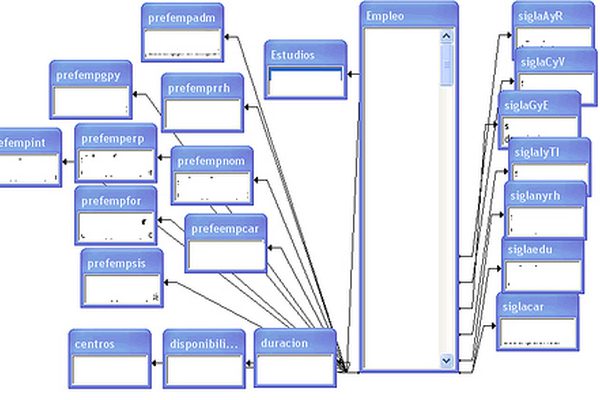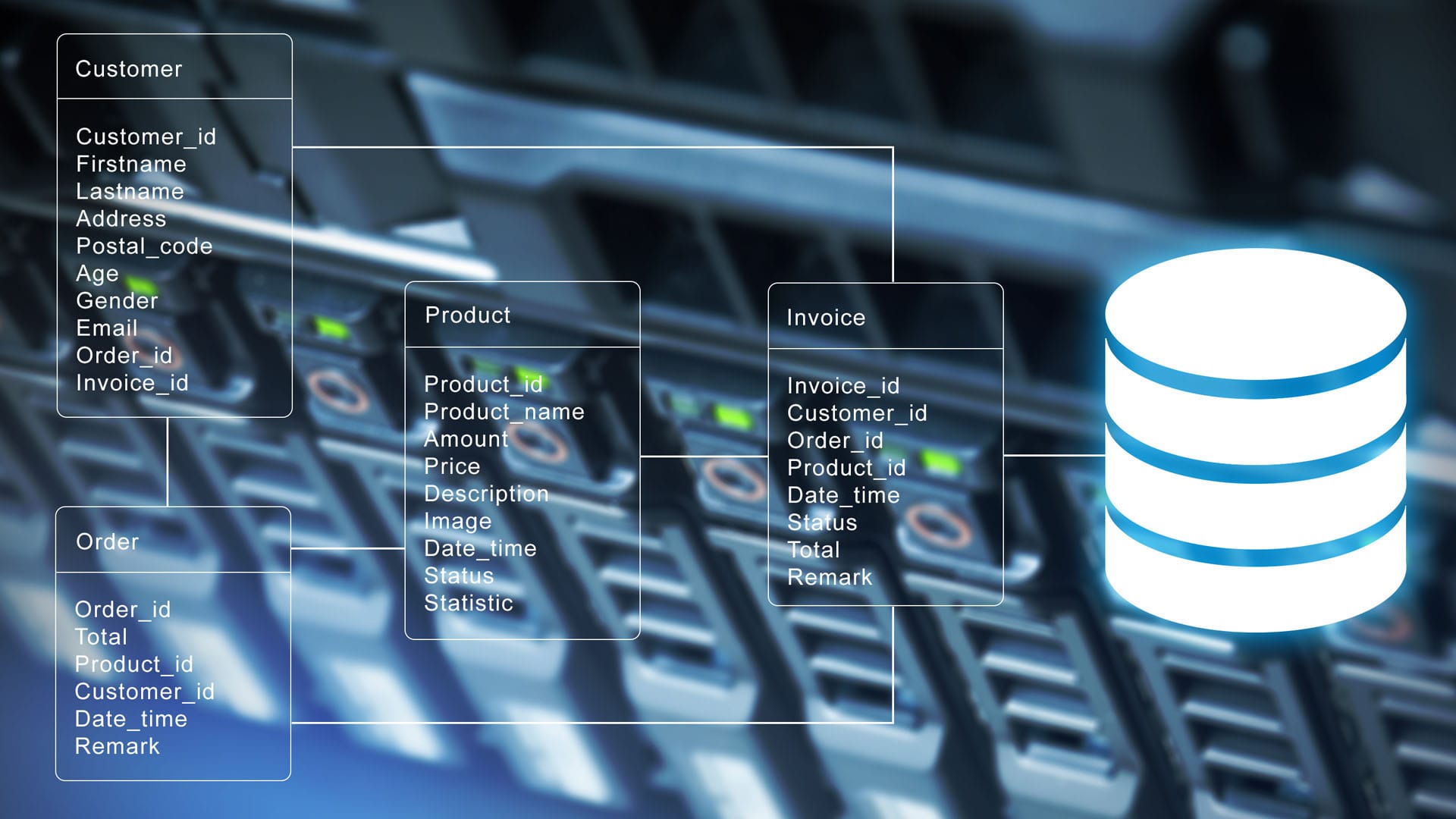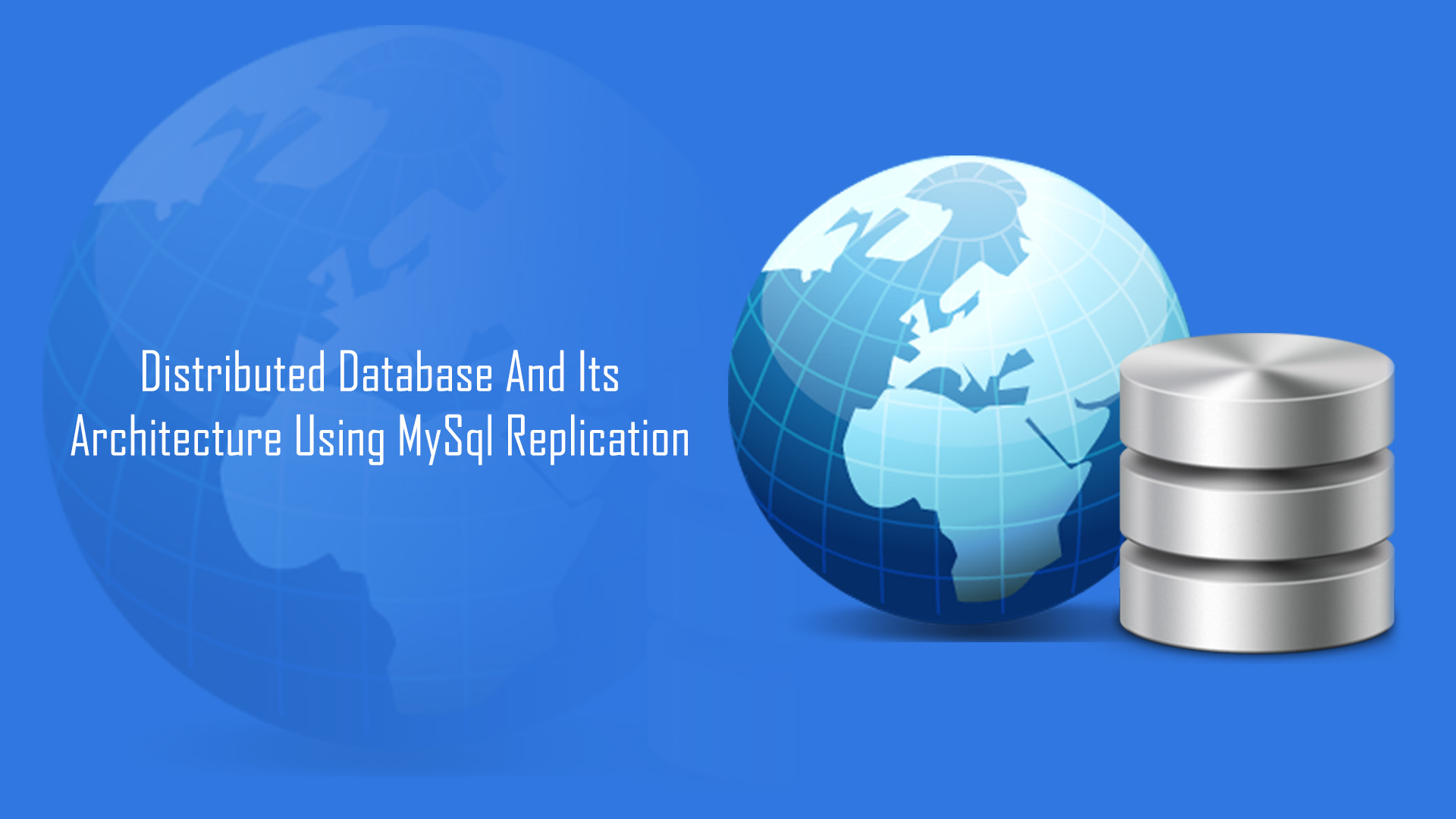Six Reasons Why You Should Learn SQL
SQL or Structured Query Language is a programming language that is used for database interaction. It understands and analyzes the database that consists of enormous data within the tables.
SQL has a very long history. During the 1970s Donald Chamberlin and Raymond Boyce who were the engineers from IBM designed the first version to retrieve data from the company’s database. When it was first developed, it was called a SEQUEL. But later it was changed to SQL because of trademark issues. In this article, we will see why it is important to learn SQL.
Data Mining
Having proper in SQL language lets you mine the data with better efficiency. A person with good SQL knowledge can easily identify specific data at a particular time. They can also view, monitor and update the activity.
SQL Programmers in High Demand
If you are an expert in the language, there are no second thoughts on the fact that finding a job is a piece of cake. According to the surveys, the demand for SQL programmers has increased drastically in the last two years when compared to other programming languages such as Javascript, C+, Python, and PHP.
Data Manipulation
One of the areas where SQL is very effective is data manipulation. It is because SQL allows witness and access the data in the exact way it exists through which you can also know the working process. When compared to any other language manipulating and testing the data will be easier with SQL. One of the important aspects of SQL is that the data stored is dynamic. It means the data that is stored can be changed and manipulated with the use of simple and basic quires.

Combine Data from multiple sources
Combining data from two or more sources is not as easy as it sounds. In general, it is a nerve-wracking and time-consuming task. But it is not the case when it comes to SQL. It easily merges the data from two or more sources with very simple procedures. All you need to do is specify the fields, and it takes care of the rest.
Manage large data pools
Managing large pools of data is one of the most difficult activities in the tech world. The traditional and the conventional methods can be used to only data up to certain levels. When it exceeds a particular point, it becomes hard to maintain and manage. In SQL the size of the data does not matter. Whether it is just 100 records or 100 million records, SQL would be a perfect choice.
Servers and Database
If you are managing any servers or if you are creating your own servers SQL will definitely come in handy. By gaining proper knowledge in SQL, you will be able to navigate through the web easily which is normally a confusing task.





